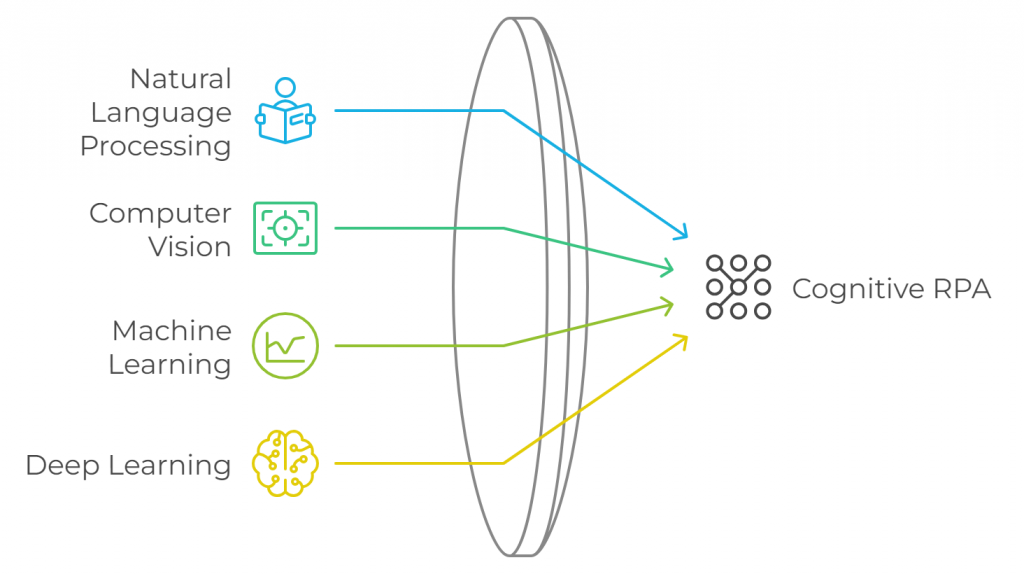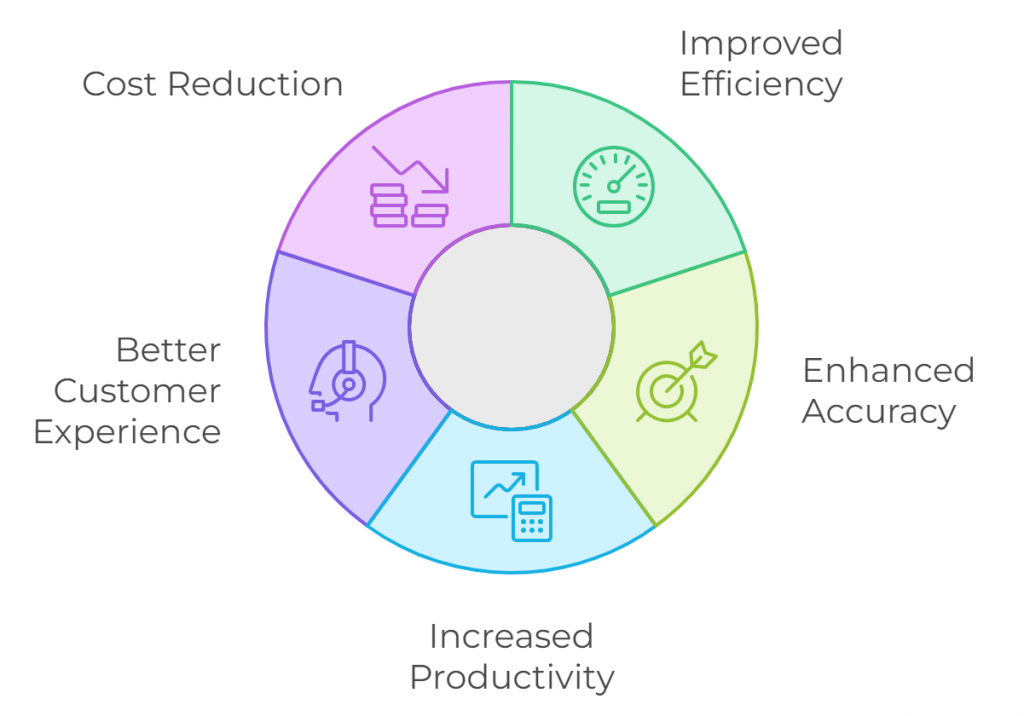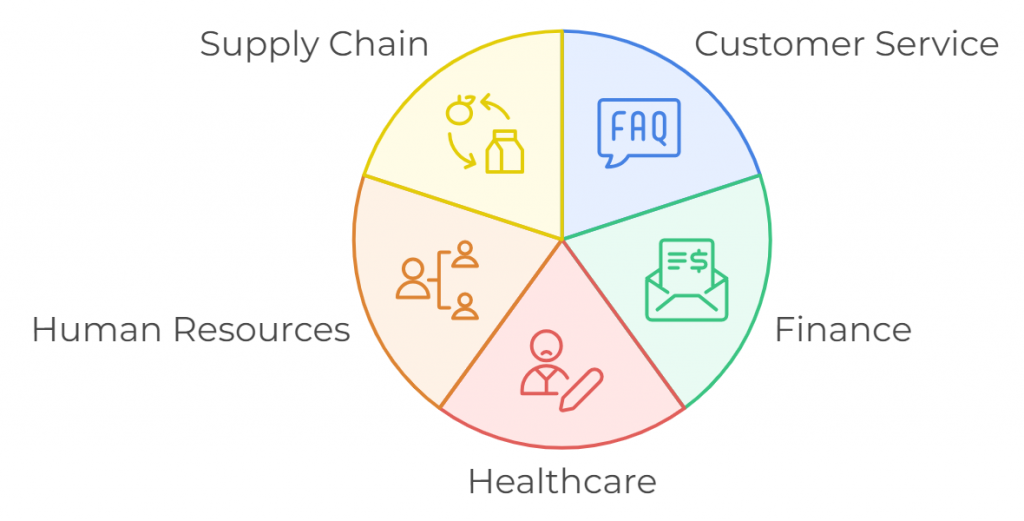Once, the idea of ‘cognition’ was human. It meant thinking, reasoning, remembering, and all the mental activities that set us apart. But now, as technology advances, computers are getting closer to sharing in this cognitive experience.
Businesses are always looking for new ways to simplify complex processes, boost productivity, and stay ahead of the competition. Enter cognitive automation or intelligent automation (IA). This cutting-edge technology combines AI with automation to handle complex tasks that were once the domain of humans. Cognitive automation is transforming the way we work. It makes processes more efficient and helps organizations make quick, informed decisions based on data. So, how does it work?
What is Cognitive RPA?
Cognitive RPA, also known as intelligent automation, combines the power of RPA with artificial intelligence (AI) and machine learning (ML) techniques. By incorporating cognitive capabilities, cognitive RPA can handle more complex tasks, process unstructured data, and learn from experience.
Robotic Process Automation (RPA) has emerged as a powerful tool to automate repetitive, rule-based tasks, freeing up human employees to focus on more strategic and creative work. However, traditional RPA often struggles with unstructured data, complex decision-making, and adapting to changing environments. This is where cognitive RPA comes into play.
Key Features of Cognitive RPA

- Natural Language Processing (NLP): Enables the system to understand and process human language, including text, speech, and documents.
- Computer Vision: Allows the system to interpret visual information, such as images and videos, for tasks like document extraction and data entry.
- Machine Learning: Empowers algorithms to improve their performance and forecasting capabilities through data-driven experiences.
- Deep Learning: Leverages cutting-edge neural networks to reveal intricate patterns and insights embedded in data.
Benefits of Cognitive RPA
- Improved Efficiency: Cognitive RPA can automate complex tasks that require human judgment and decision-making, significantly improving efficiency and productivity.
- Enhanced Accuracy: By leveraging AI and ML, cognitive RPA can reduce errors and ensure data accuracy.
- Increased Productivity: By automating routine tasks, human employees can focus on more strategic and creative work, leading to increased productivity and innovation.

- Better Customer Experience: Cognitive RPA can elevate customer satisfaction by accelerating response times, tailoring interactions to individual needs, and ensuring the precision of the information provided.
- Cost Reduction: By automating tasks, organizations can reduce operational costs and improve efficiency.
Use Cases for Cognitive RPA
- Customer Service: Cognitive RPA contributes to improved customer satisfaction by streamlining response times, personalizing communications, and delivering precise information.
- Finance: Cognitive RPA can automate tasks such as invoice processing, fraud detection, and regulatory compliance.
- Healthcare: Cognitive RPA can help with medical coding, patient data entry, and clinical decision support.
- Human Resources: Cognitive RPA can automate tasks like recruiting, onboarding, and payroll processing.
- Supply Chain: Cognitive RPA can optimize inventory management, order processing, and transportation.

Challenges and Considerations
While cognitive RPA offers numerous benefits, it also presents some challenges:
- Data Quality: The quality of the data used to train the AI and ML models is crucial for accurate results.
- Ethical Considerations: The use of AI and ML raises ethical concerns, such as bias and privacy.
- Implementation Costs: Implementing cognitive RPA solutions can be expensive, especially for large organizations.
The Future of Cognitive RPA
As AI and ML technologies continue to advance, we can expect cognitive RPA to become even more powerful and versatile. In the future, cognitive RPA may be able to handle even more complex tasks, such as autonomous decision-making and problem-solving.
Conclusion
Cognitive RPA represents a significant step forward in the automation of business processes. By combining the power of RPA with AI and ML, organizations can achieve greater efficiency, accuracy, and productivity. As cognitive RPA continues to evolve, it will play an increasingly important role in shaping the future of work. At Experion, we’re not just riding the wave of cognitive RPA—we’re leading it. Our cutting-edge solutions blend AI and automation in ways that transform ordinary processes into extraordinary outcomes. Dive into the future of work with us, and discover how our expertise turns visionary ideas into operational triumphs. Let’s partner to make your automation dreams a reality!

